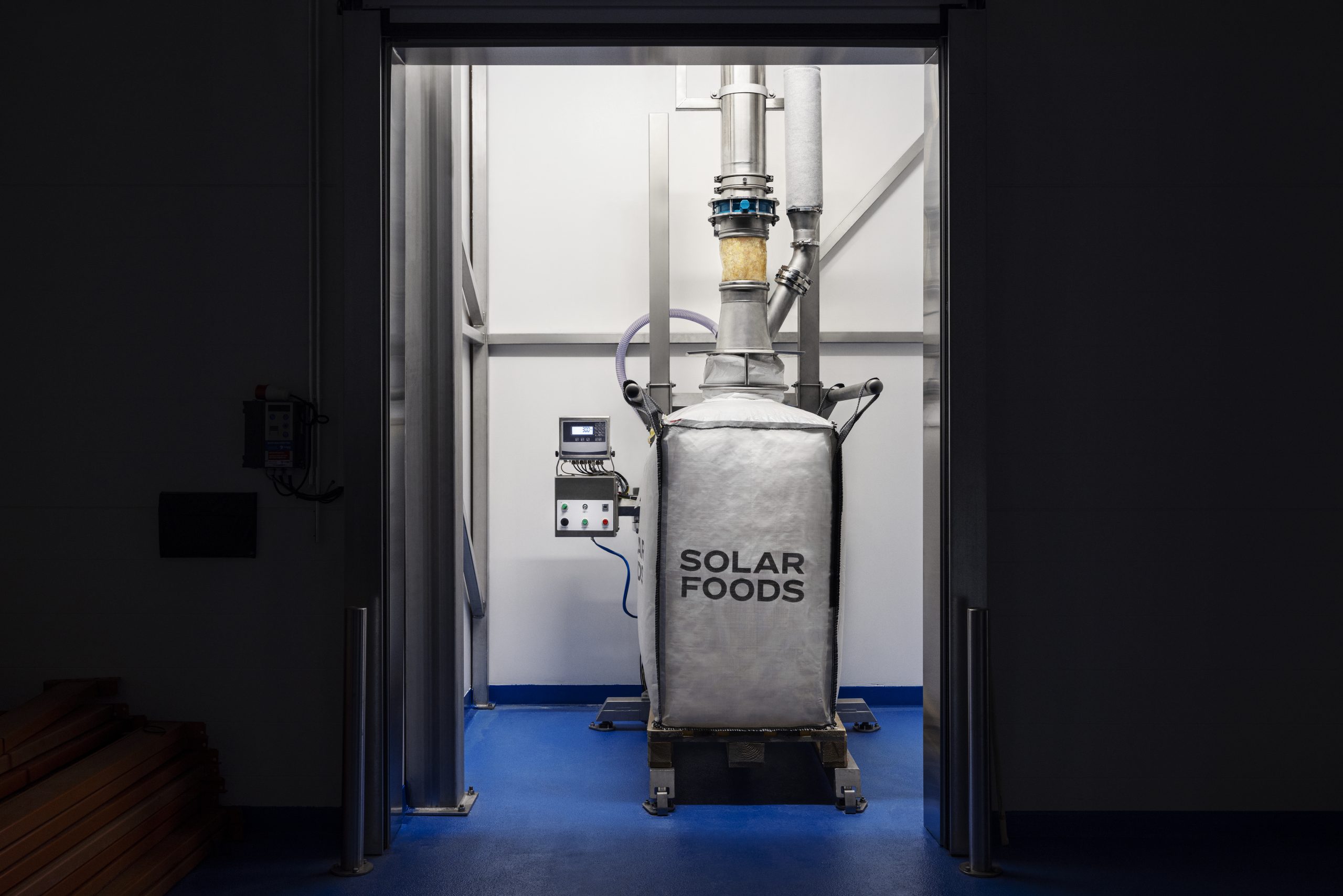A form of vitamin A called retinoic acid can cause breast cells with the pre-cancerous condition DCIS (ductal carcinoma in situ) return to a normal state. These preliminary laboratory results suggest that retinoic acid might also help women with DCIS from progressing to full-blown breast cancer without turning to drastic treatments. More than 60,000 women are diagnosed with DCIS each year, and although it progresses to breast cancer in only a subset of patients, many more undergo ‘preventive’ surgery, radiotherapy and chemo.
Researchers from Thomas Jefferson University treated four types of breast cell with retinoic acid, ranging from “precancerou” DCIS cells to rapidly multiplying, invasive (metastatic) breast cancer cells. Retinoic acid, which is formed when vitamin A is broken down in the body, had no effect on the cancer cells, but it caused the DCIS cells to resume the same shape and gene expression pattern as normal breast cells. Vitamin A is found at the highest levels in orange foods like sweet potatoes, kale and carrots, and is also linked to maintaining good vision and healthy eyes.
(Source: International Journal of Oncology, 2014; doi: 10.3892/ijo.2014.2354.)
Become a member or sign up for a free issue for more optimistic health news.












